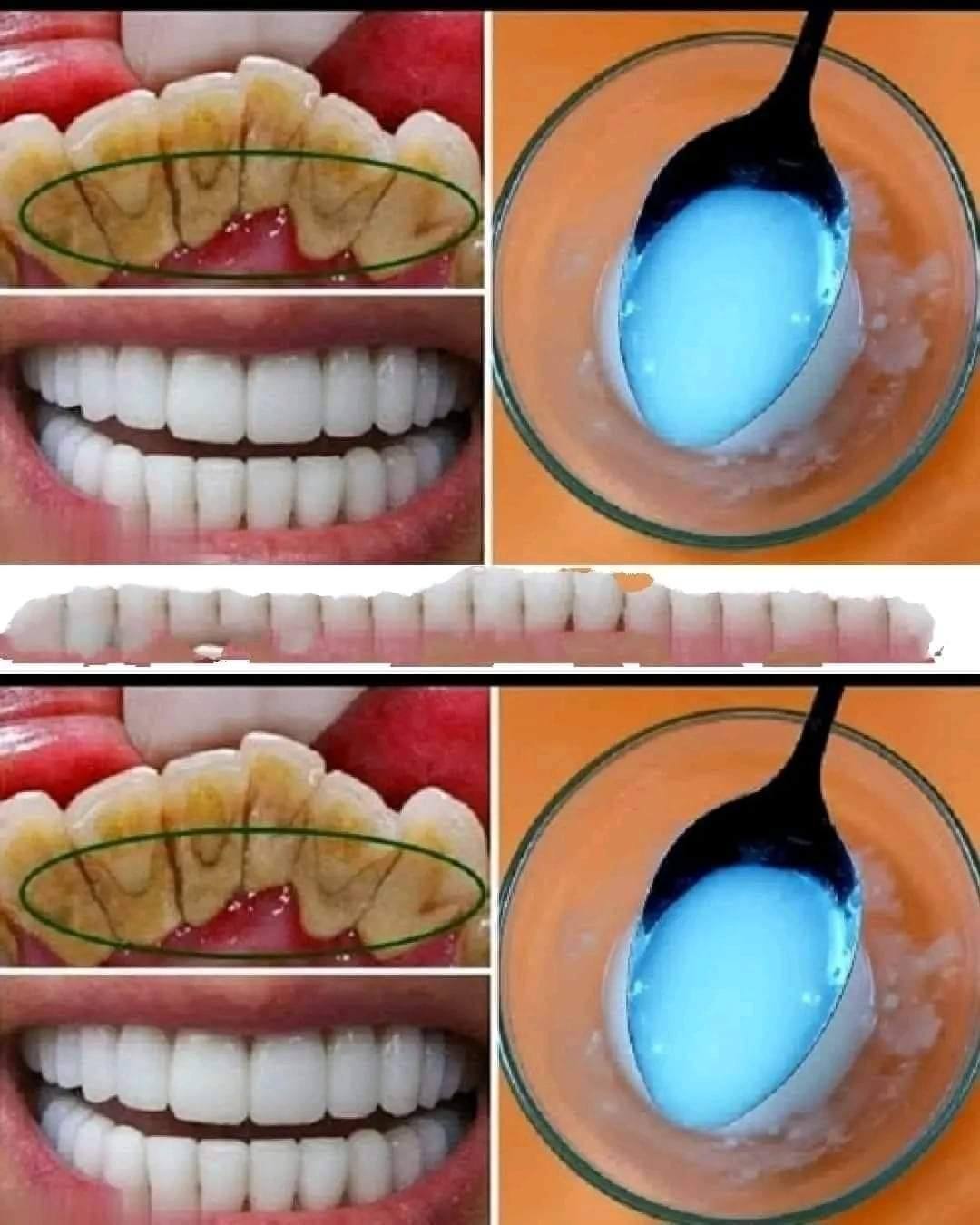Brushing with baking soda has been found to help scrub away plaque and bacteria. One study found that baking soda pastes were effective in removing plaque biofilm.9
It’s possible to form a paste using baking soda and water. However, this won’t have the enamel-strengthening benefits of fluoride, which is necessary for all toothpastes approved by the American Dental Association.10 Another option is to buy a toothpaste that contains baking soda and fluoride and that has the ADA Seal of Acceptance.
Aloe Vera
Aloe vera has been found to have plaque-fighting benefits. Studies have found that aloe vera mouthwash is as effective in reducing plaque as chlorhexidine oral rinses, which are considered the « gold standard » of mouthwashes.11
Some types of herbal toothpaste and mouthwashes contain aloe vera. Check to make sure that they have the ADA Seal of Acceptance.12
White Vinegar and Water
A solution of white vinegar and water is thought to reduce plaque formation because of its antimicrobial properties. However, vinegar can also cause erosion to tooth enamel due to acidity.13 If you’re interested in using a white vinegar and water solution as a mouth rinse, check with your dentist first.
Oil Pulling
Oil pulling involves swishing edible oil (like coconut or sesame oil) around in your mouth to improve dental health. It has been found in some studies to reduce plaque formation, but more research is needed before it can be recommended as a treatment.14
Lnu R, Kaushik M, Reddy P, Udameshi P, Mehra N, Marwaha A. The effect of coconut oil pulling on streptococcus mutans count in saliva in comparison with chlorhexidine mouthwash. The Journal of Contemporary Dental Practice. 2016;17(1):38-41. doi:10.5005/jp-journals-10024-1800
Removing Tartar on Teeth
Tartar cannot be treated at home. It cannot be removed with regular teeth brushing. Only a dentist can remove tartar. Treatment for tartar involves a visit to the dentist and a professional oral cleaning.15
At a dentist visit, the dentist or hygienist will scrape off plaque and tartar. They may also suggest other treatment options.
Prevention
continued on next page

